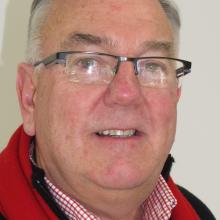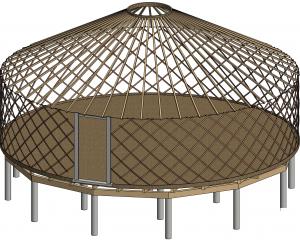
Beaver Liquor Ltd, which owns five Betty’s Liquor stores in Queenstown and Wanaka, has found itself as the "guinea pig" of new legislation under the Sale and Supply of Alcohol Act 2012.
Earlier this year the company applied to renew the off-licences for its Betty’s stores, but found under a new condition it was not selling enough alcohol in comparison to other products, for example, tobacco.
Under the legislation, at least 85% of annual sales revenue for a bottle or liquor store had to come from alcohol sales.
Stores which sold more than 15% of non-alcoholic items, including tobacco, were therefore not compliant with the Act. Prior to an earlier hearing before the District Licensing Committee licensing inspector Sian Swinney sought annual sales revenue for each of the Betty’s stores, but instead gross profit figures were provided.
If the gross revenue was the figure used all five stores would fail to meet the 85% rule, based on the high cost of cigarettes, attributable to Government excise and taxes.
But, if the cost of sales including taxation was deducted, Betty’s stores would be compliant.
The earlier hearing was adjourned for the company to prepare a new business model to show how it would lift sales of alcohol, but yesterday committee chairman Judge Bill Unwin said that plan was not ‘‘helpful’’ and did not provide enough detail.Board chairman Russell Gray, of Auckland, said the company had become "guinea pigs".
"We’re taking this pretty seriously ... we’re sort of the first cab off the rank across New Zealand," Mr Gray said yesterday.
"We didn’t want to be the guinea pigs; the reality is that we are."
Mr Gray said the company was reverting to its previous business model, making Queenstown’s Cow Lane store the "flagship distributor".
"We’ve changed our business model to go back to what we used to do.
"Use Cow Lane as the main distribution centre — purchase supply in ... distribute that back out to other trade customers including our bottle stores and Good Group Ltd."
Beaver Liquor also intended to reduce the number of tobacco products by a third in each store.
Combined with increasing online sales the company hoped it would lift alcohol sales to at least 85%.
When asked by Judge Unwin if the distribution plan was an attempt to "manipulate the figures", Mr Gray said it was not.
"It may be an unintended consequence, but that’s what we need to do to do this."
The committee decided to adjourn the hearing for a further six months — Beaver Liquor was to implement a plan immediately and provide an audited report after June 30, 2017 showing annual sales revenue for each of its five stores.
A hearing would be held in July, or as soon as possible after, to finally determine the matter, Judge Unwin said.
Comments
A pretty stupid law really, forcing outlets to get bigger and sell more booze as a measure to lower alcohol sales. It has often been said, but the law can be an a form of donkey.
Mind you, easy to fix for this group, stop selling cigarettes. Cut the sale of a low margin, high cost item and re-balance the sales figures.











